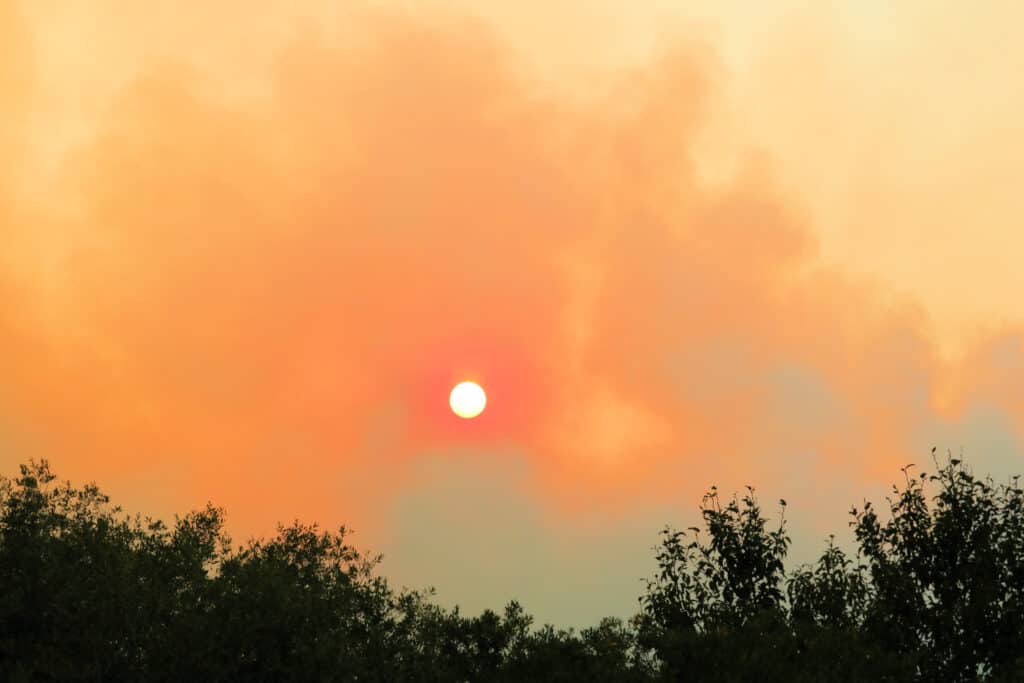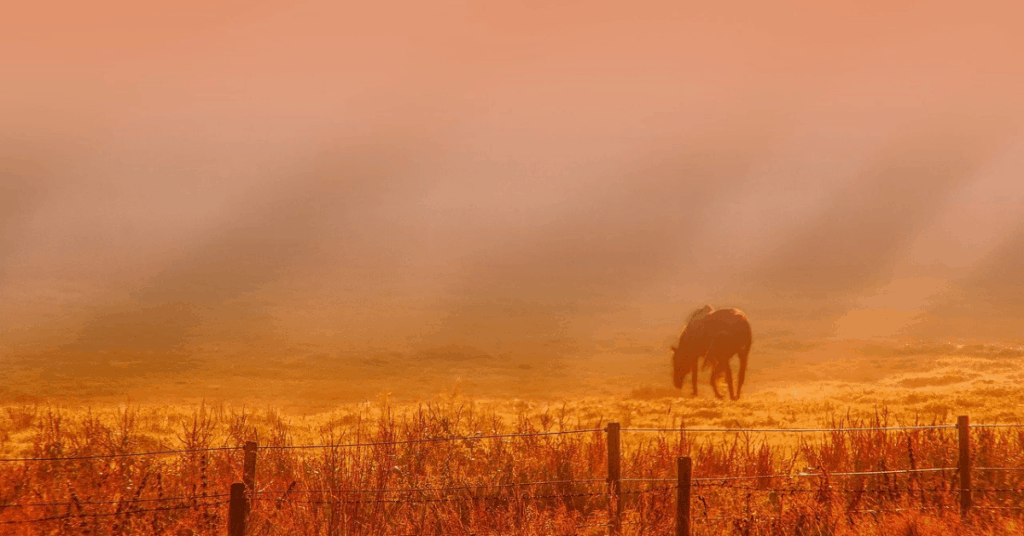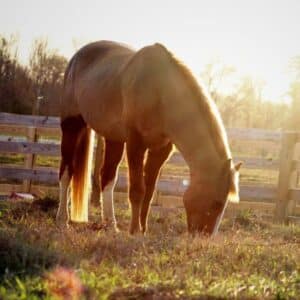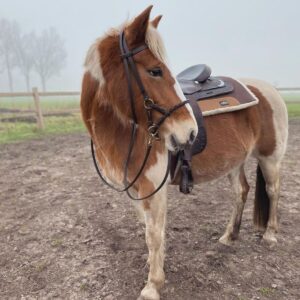So far, 2020 has hit the United States and the world with disaster after disaster. This summer is one of the worst for wildfires in years, and has affected the majority of the western United States. These fires and the smoke not only take their toll on us, but they also affect our horses just as much. Keep reading for more information.
When you think of smoke, what do you think of? The smell and the haziness that seems to hang around for weeks is usually the first thing. Smoke is composed of a few different components such as carbon monoxide, carbon dioxide, soot, and other particles. Inhaling smoke can cause just as much damage to our horses as it does to us. In fact, smoke can have similar effects on a horse’s lungs, too.
Smoke inhalation side effects
Smoke inhalation can cause eye irritation to horses, so it would be common to see an increased amount of watery eyes or mucous-like discharge. Coughing is also common in horses where wildfires are active, causing reduced lung function and an increased respiratory effort. In other words, the smoke from the wildfires causes the horse’s lungs to work harder to inhale and exhale. A horse may also wheeze and have mucous-like nasal discharge from smoke inhalation.
Breathing in wildfire smoke can also affect a horse’s immune system, which can reduce a horse’s ability to remove and fight off bacteria and pollen that are inhaled and find their way into the lungs. This can lead to secondary infections.
How to help your horse cope with wildfire smoke
Unfortunately, hanging a HEPA filter from your horse’s neck is not an option. Although we all wish it was. Thankfully there are other ways to help your horse cope with the smoke.
Limiting heavy exercise during the smokey days is number one. Keep a close eye on the air quality index. Exercise means taking in more air which isn’t pleasant when the air quality is horrible. Take this time to hang out with your horse and groom them. If you must ride, use an indoor arena and limit to light exercise.
Always be sure to have plenty of fresh water available to your horse. Because horses drink the most after eating their hay, it is a good idea to have a trough nearby. Drinking water allows your horse to keep their airways moistened, which helps clear particulate matter that is contained in the smoke. A dry airway means those particles can hang around in the respiratory tract causing more irritation. Soaking hay in water can also help ensure they receive plenty of fluids, it helps control the dust too.
If your horse is having a really difficult time coping with the smoke and cannot find relief from wheezing or coughing, call your veterinarian for guidance and an exam. They may want to try a nebulizer to help your horse breath or even intravenous fluids to help with hydration and flushing out the toxins from the smoke. Serious smoke inhalation can cause serious damage and these horses need weeks to recover.
Horse Courses by Elaine Heney
- Listening to the Horse - The Documentary by Elaine Heney & Grey Pony Films
- Shoulder In & Out Training for better balance, bend & topline development with your horse
- Over 110+ Polework Exercises & Challenges to Download
- Dancing at Liberty & Creating Connection with Your Horse (11 lessons) - Grey Pony Films
How are you helping your horse cope with the wildfire smoke?
Source [1]






